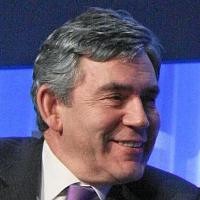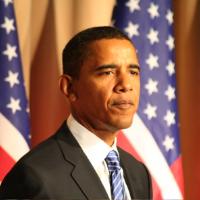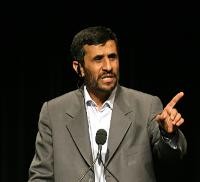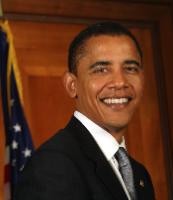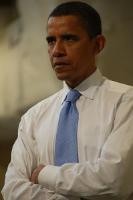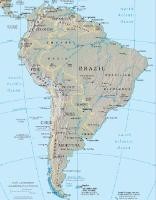
BOGOTÁ, Colombia — An uncomfortable silence filled the officers’ mess at the Macarena military base in southern Colombia as the lunchtime news broadcast the purge of 27 high-ranking army officials. “That’s not going to be the end of it,” said one army colonel as he shook his head in disbelief. He was right. Several days later, Colombia’s veteran top army commander, Gen. Mario Montoya, resigned. The firing of the army officers — including three generals — earlier this month followed a government probe into the disappearance of 11 men from Soacha, a poor neighborhood outside of Bogotá. The young men […]

